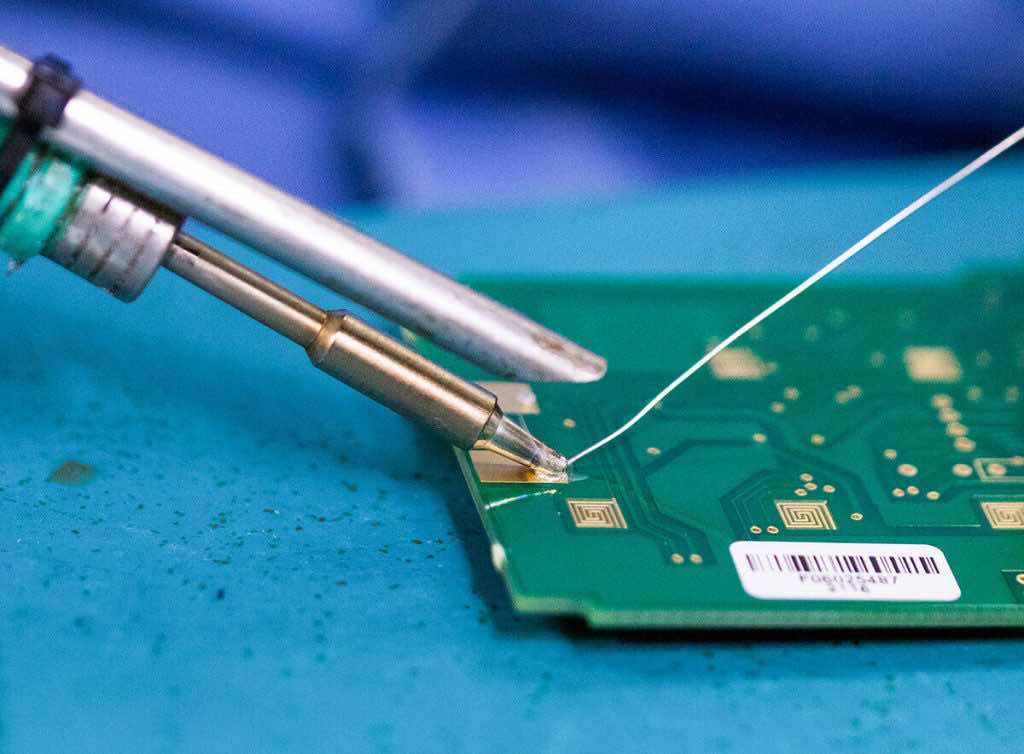The chip business is constantly struggling to forecast demand, which results in periodic chip shortages and a boom-and-bust market that persists despite access to huge amounts of economic data. Computer chips, also known as semiconductors, are used in millions of items, including cars, washing machines, smartphones, and more. Right now, there aren’t enough of them to match industry demand, and as a result, a lot of popular products are out of stock.
A major shortage of computer chips—the components at the heart of smartphones, computers, and countless other products—is still affecting manufacturers throughout the world nearly two years after pandemic-related disruptions began.
Automobile manufacturers have been compelled to cease manufacturing in recent months due to a shortage of vehicles. The scarcity has impacted a variety of businesses, including gaming consoles, networking equipment, and medical devices. Apple cited processor scarcity for its poor financial results in October, while Intel predicted that the shortage would last until 2023. Even companies that aren’t directly related to computer chips, such as CSSI International, a US-based manufacturer of dog grooming machines, are feeling the effects.
Early indicators of shifting demand led to stockpiling and advance ordering of chips by certain computer corporations as the pandemic progressed, leaving others scrambling to obtain the components. Laptops, tablets, and webcams were required for people working from home, and semiconductor companies were forced to close during the lockdown.
The semiconductor industry was already anticipating an uptick in 2020 when Covid began upending business as usual. According to the Semiconductor Industry Association, global chip shipments declined 12% in 2019. However, the business forecast that global sales will climb 5.9% in 2020 and 6.3 percent in 2021 in December 2019. In fact, according to the most recent data, sales increased by 29.7% between August 2020 and August 2021. Cloud computing and 5G, as well as the expanding use of chips in a variety of items ranging from autos to home appliances, are driving demand.
The summary is that the chip industry was already seeing growth and pandemic fueled the pace of demand. This implies that for months to come, all kinds of individuals, including those looking for a new automobile, may face delays and disappointment.

